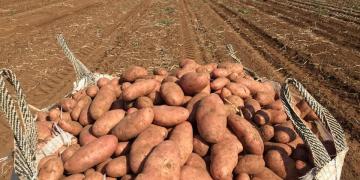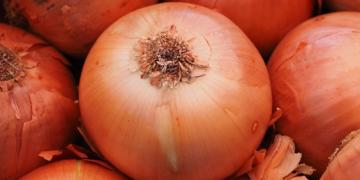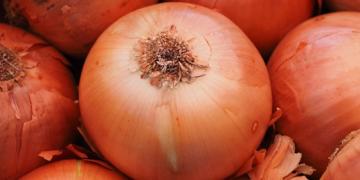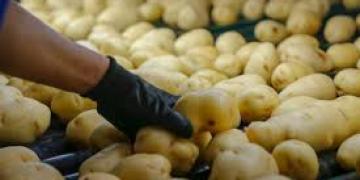Peru (CIP): Promoting potato production with mulching and minimal tillage
Researchers at the International Potato Center (CIP) have promoted sustainable alternatives based on the use of mulching combined with minimum tillage practices for potato cultivation.
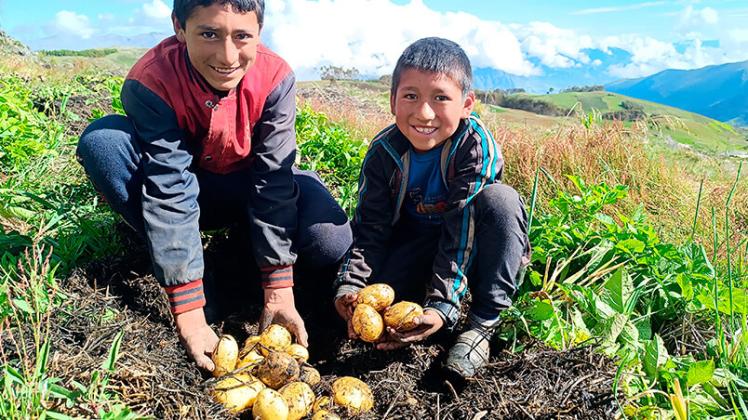
In the Andean region, burning crop residues remains a common practice that contributes to soil degradation and increases the risk of forest fires. In response, researchers from the International Potato Center (CIP) have promoted sustainable alternatives based on the use of mulching with plant residues from previous rotations, combined with minimum tillage practices for potato cultivation.
This strategy not only increases the likelihood of improving soil health but also conserves soil moisture, which helps combat droughts. To this end, in a joint effort with the Pataz-Poderosa Association, and with funding from GIZ and the CGIAR Sustainable Farming science program, 18 demonstration plots were established in farmers’ fields in the Chugay district, Sánchez Carrión province, La Libertad region.
Yields averaged close to 40 tons per hectare, reaching peaks of up to 80 tons per hectare. These results demonstrate the potential of these practices to strengthen a more resilient and sustainable Andean agriculture.
Potential approach to sustainable agriculture
Based on the successful results obtained with this methodology in countries such as India and Bangladesh, CIP expanded its scope and implemented the GIZ-PER project "Agronomic Practices to Mitigate Climate Change in Potato and Cereal Systems, Promoting Conservation Agriculture and its Scaling Potential in the Northern Andes of Peru."
The initiative, developed in collaboration with the NGO Pataz Association and local producers, ran from October 23, 2024, to April 29, 2025. It also received support from the CGIAR’s Sustainable Farming science program.
Eighteen demonstration plots were tested with Amarilis and Chaucha Redonda potato varieties, covering a total area of 147.5 m². According to Dr. David A. Ramírez, a CIP scientist, yields averaged 44.4 t/ha, with peaks of up to 80 t/ha.
This methodology is based on preparing small furrows spaced 60 cm apart, in which potato seeds are placed 30 cm apart. Subsequently, preferably organic fertilizer is applied, and the rows are covered with plant residues from previous crops, such as barley, broad beans, peas, and others, to a minimum thickness of 20 cm.
Integrating agroforestry practices: In the San Juan hamlet, the use of pine needles as mulch on Mr. Jesús Rodríguez Jara’s plot showed encouraging results, opening up new possibilities for integrating agroforestry practices into potato production.Advantages found in this methodology
"The benefits of implementing this minimal tillage and mulching methodology include reducing tasks such as hilling and weeding. It also helps conserve soil moisture, which is key to achieving a good harvest and improving soil health, including carbon sequestration if the residue is incorporated, thus contributing to climate change mitigation," the researcher notes.
Good harvest results have also been achieved using pine needles as mulch in forested areas, opening up the possibility of integrating agroforestry practices into potato production.
Mr. Bernardino Carbajal Sare, from the Mushit farm, shared his experience: "I save on tilling the land and on laborers for weeding and hilling. Seeing these advantages, I’m willing to continue planting using this new method of farming."
Fuente:

